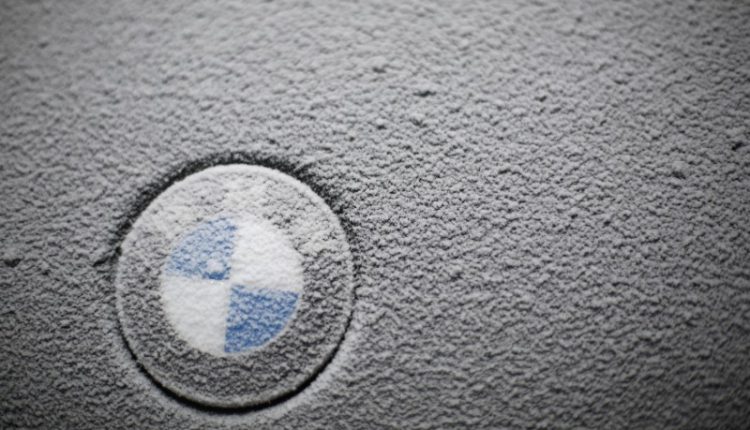© Reuters. FILE PHOTO: Chairman of the Board of Management of BMW AG Oliver Zipse attends an event at the Auto Shanghai show, in Shanghai, China April 18, 2023. REUTERS/Aly Song/File Photo
By Christina Amann
MUNICH (Reuters) -BMW’s “Neue Klasse” electric vehicle (EV) range will be at least as profitable as battery-powered cars already being sold by the German luxury carmaker, Chief Executive Oliver Zipse said on Saturday at the IAA (NYSE:) car show in Munich.
The Neue Klasse, to be launched in 2025, is at the heart of the carmaker’s efforts to replicate past successes and catch up with EV pioneer Tesla (NASDAQ:), which is also staging a return to the IAA this year.
“We are very profitable with electric cars … already today,” Zipse told reporters, adding that the Neue Klasse – or New Class – would be “very profitable. We will … definitely not be less profitable than today.”
Zipse said the Munich-based group would stay within its long-term target for profit (EBIT) margins of between 8% and 10% in its automotive segment, adding that in some quarters BMW (ETR:) could exceed that range.
For 2023, BMW last month raised its EBIT margin outlook for its cars division to between 9% and 10.5%, up from 8%-10% previously, on the basis of a strong order bank and improved availability of its premium vehicles.
Zipse earlier said BMW was planning to roll out six models within 24 months of the Neue Klasse’s launch, adding these would range from what it calls “sports activity vehicles” to sedans.
“What they all have in common is the pure electric heart that powers them,” Zipse said.
Production of the new platform will start at the group’s factory in Debrecen, Hungary, where BMW is investing 2 billion euros ($2.2 billion) in new battery-making and assembly operations for the Neue Klasse.
It will later spread to sites in Munich, China and Mexico.
Development of the Neue Klasse is targeting to reduce battery pack costs by half and achieve 25% more range per kilowatt-hour, a key measure of efficiency, executives have said.
($1 = 0.9282 euros)
Read the full article here

